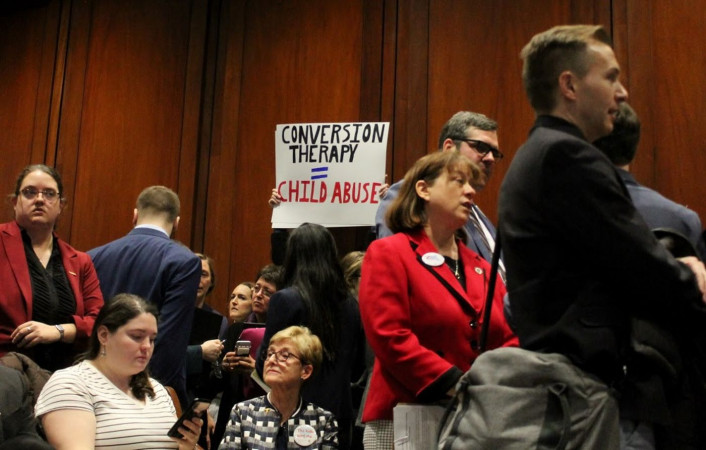Understanding carceral feminism
In feminist criminology, two primary theories stand out: carceral feminism and abolitionist feminism
09/Jun/24
1791
Understanding carceral feminism
In feminist criminology, two primary theories stand out: carceral feminism and abolitionist feminism. This time Fem-Utopia’s focus is on carceral feminism, a theory that, despite its widespread influence, faces significant criticism and mixed reactions within the feminist community.
Carceral feminism advocates for increased criminalization and stricter law enforcement as a means to combat gender-based violence and other forms of oppression against women. Proponents believe that stronger punitive measures will provide justice for victims and deter potential offenders. This approach has gained traction globally, with many viewing it as a necessary response to pervasive gender-based violence.
However, not all feminists support this perspective. Critics argue that carceral feminism disproportionately impacts marginalised communities and fails to address the root causes of violence and inequality. They contend that relying on the criminal justice system perpetuates systemic injustices and does little to foster long-term societal change.
For a more in-depth exploration of carceral feminism and its implications, watch our detailed video discussion here.
Powered by Froala Editor



